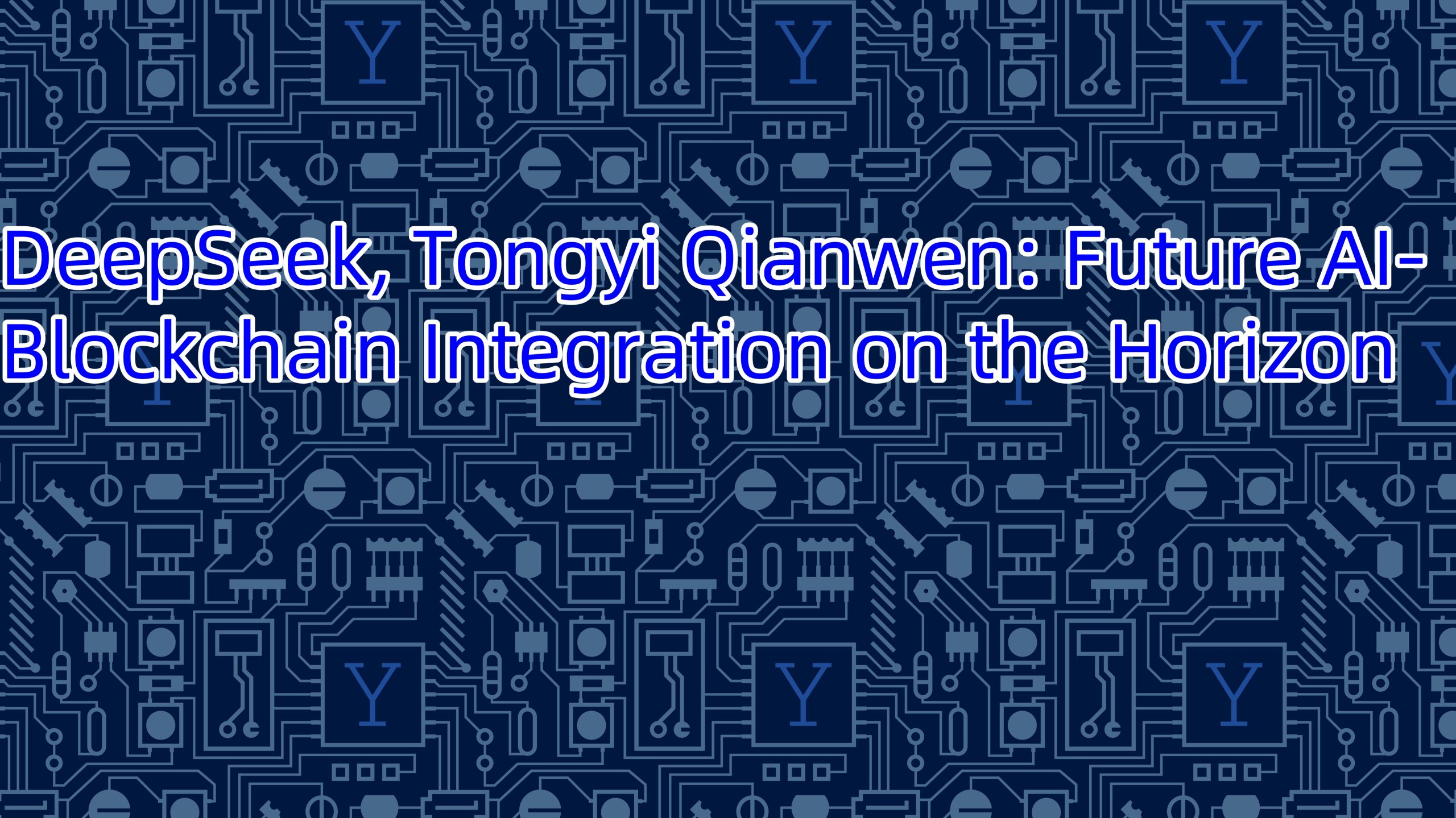
Shanghai, June 20 – The IEEE Blockchain China Office was officially inaugurated today in Jing’an District, marking a strategic move to strengthen blockchain technology development, international collaboration, and positioning the district as a global hub for blockchain governance and innovation.
IEEE’s Role in Blockchain Standardization
As the world’s largest non-profit technical professional organization, IEEE (Institute of Electrical and Electronics Engineers) focuses on advancing technology in fields like computing, communications, and blockchain. The establishment of its China office signifies China’s deeper involvement in shaping global blockchain standards.
Liu Erwu, Chair of IEEE Blockchain China, highlighted challenges in the domestic blockchain ecosystem:
-
Lack of universal protocols and interoperability between heterogeneous chains.
-
Leading in consortium chain performance and government applications, but needing breakthroughs in core blockchain technology.
-
Non-technical barriers hindering international adoption.
“Leveraging IEEE’s credibility, we aim to globalize China’s blockchain standards,” Liu stated.
AI Meets Blockchain: China’s Innovation Edge
Ramesh Ramadoss, IEEE Blockchain Chair, praised China’s AI advancements, citing models like DeepSeek and Tongyi Qianwen as “epoch-defining innovations.” He emphasized that China’s AI-blockchain convergence could inject fresh momentum into global standardization efforts.
Jing’an: Building a “Digital Chain Valley”
Jing’an District, home to China’s National Blockchain Pilot Zone, is fostering a full-cycle ecosystem covering R&D, application, and commercialization. Key achievements include:
-
171 blockchain companies and 152 implemented use cases.
-
A closed-loop industrial chain generating over ¥20 billion ($2.75B) in annual revenue.
Accelerating Blockchain Commercialization
The newly launched IEEE Blockchain Conference Achievement Transformation Center will:
-
Facilitate open collaboration for tech demos and pilot projects.
-
Drive real-world blockchain integration, particularly in government, industry, and public services.
-
Help local enterprises obtain international certifications, enabling a “R&D → Standards → Global Expansion” pipeline.
Liu Erwu revealed plans for a dual-platform mechanism combining the IEEE Global Blockchain Conference (standards incubation) and the China International Import Expo (scenario testing) to replicate China’s blockchain frameworks globally.
Jing’an’s Roadmap: From Industry Hub to Rule-Maker
With IEEE’s “international passport,” Jing’an aims to transition from a blockchain industry cluster to a global standards leader. By uniting universities, research institutes, enterprises, and international bodies, the district is building a “government-industry-academia-research-application” synergy to deepen blockchain adoption across sectors.
This dual-institution effort not only attracts global blockchain talent but also ensures the technology’s deep penetration into governance, business, and civil life, cementing Jing’an’s status as a high-tech, application-rich blockchain powerhouse.
